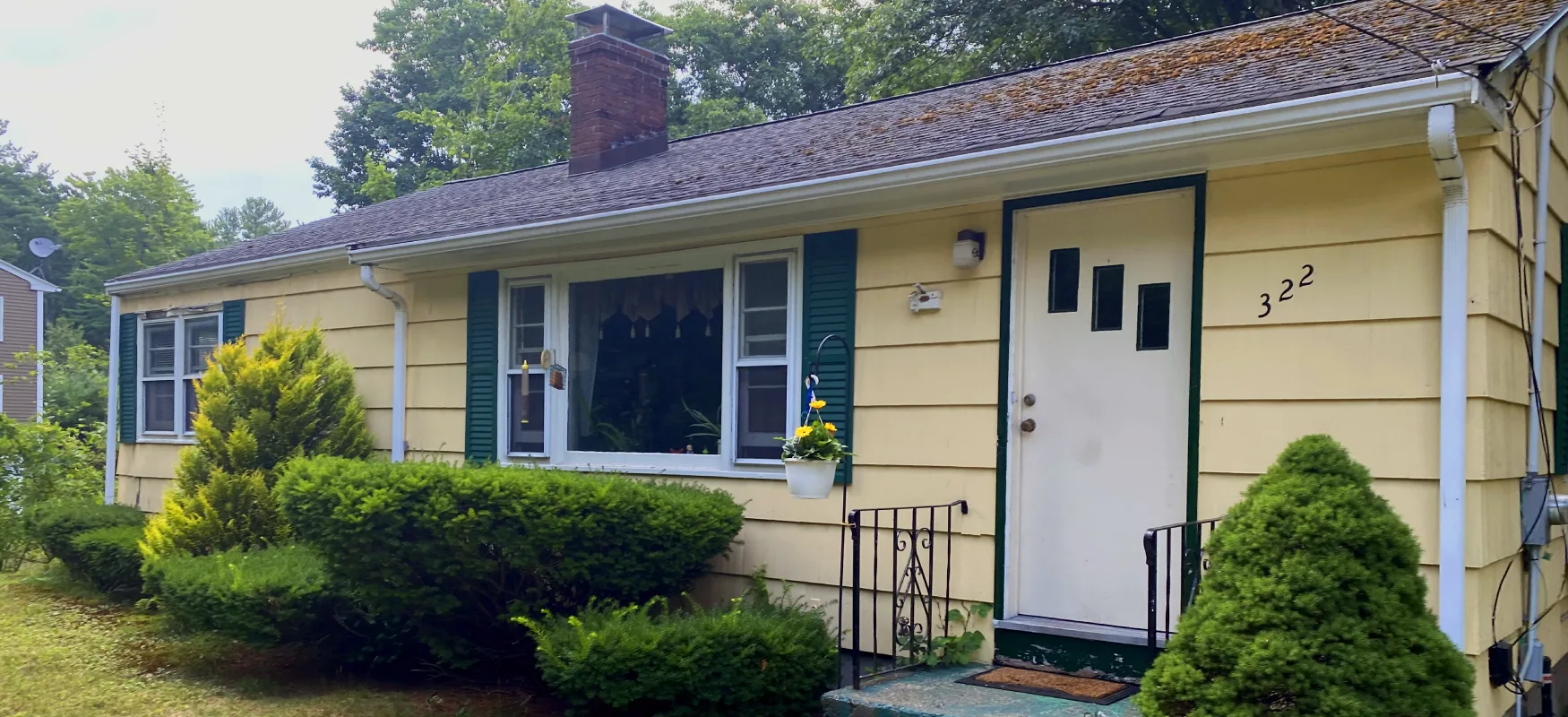Selling a house is a monumental undertaking, and for those in Massachusetts opting to go the route of selling without a realtor, the process may seem daunting. While the idea of bypassing realtor fees is enticing, it’s crucial to understand the paperwork involved to ensure a smooth and legal transaction. In this blog post, we will unravel the complexities of the paperwork for selling a house without a realtor in Massachusetts, empowering sellers to confidently navigate the journey.
1. Purchase and Sale Agreement:
The foundation of any real estate transaction is the Purchase and Sale Agreement (P&S). In Massachusetts, this document outlines the terms and conditions of the sale, including the purchase price, closing date, and any contingencies. Without a realtor, sellers must carefully draft or review this agreement to protect their interests and comply with state laws.
2. Property Disclosure Form (Lead Paint)
Massachusetts requires sellers to provide a Property Transfer Lead Paint Notification and a Property Transfer Lead Paint Certification. These documents inform the buyer about the presence of lead paint in the property built before 1972, ensuring compliance with state regulations. Sellers must disclose any known lead paint hazards and provide the buyer with the required information pamphlet. There are no restrictions if the property does have know lead based paint but it is required to disclose any knowledge.
3. Smoke and Carbon Monoxide Certificates:
Prior to the closing, sellers must obtain and provide the buyer with a Smoke Detector and Carbon Monoxide Detector Certificate. This certificate verifies that the property complies with Massachusetts regulations regarding smoke and carbon monoxide detectors. However this may be waived if the house is in need to a significant amount of repair and the buyers are not planning on living in the property before fixing. As always, an attorney should be involved if there is any uncertainty of the need in your situation.
4. Municipal Lien Certificate
To assure the buyer that the property has no outstanding municipal liens, sellers in Massachusetts typically obtain a Municipal Lien Certificate from the local municipality. This document confirms the absence of unpaid taxes or other municipal charges on the property.
5. Closing Disclosure
While the Closing Disclosure is often handled by a realtor or a closing attorney, sellers without representation should ensure the accurate completion of this document. It outlines the final terms of the mortgage, closing costs, and other financial details. Sellers should carefully review and understand this document before the closing.
6. Deed
The Deed is a critical legal document that transfers ownership of the property from the seller to the buyer. Sellers should prepare or have an attorney prepare a valid and accurate deed to be executed at the closing.
7. Closing Disclosure
The Affidavit of Title is a sworn statement made by the seller confirming their legal ownership of the property, disclosing any known defects or issues, and asserting that there are no outstanding liens or encumbrances.
Conclusion:
Selling a house without a realtor in Massachusetts is a viable option, but it requires careful attention to detail, especially when it comes to paperwork. Navigating the maze of documents can be complex, but armed with knowledge and possibly legal guidance, sellers can confidently complete the transaction. Whether it’s drafting a comprehensive Purchase and Sale Agreement or ensuring compliance with lead paint regulations, understanding the necessary paperwork is key to a successful sale.

